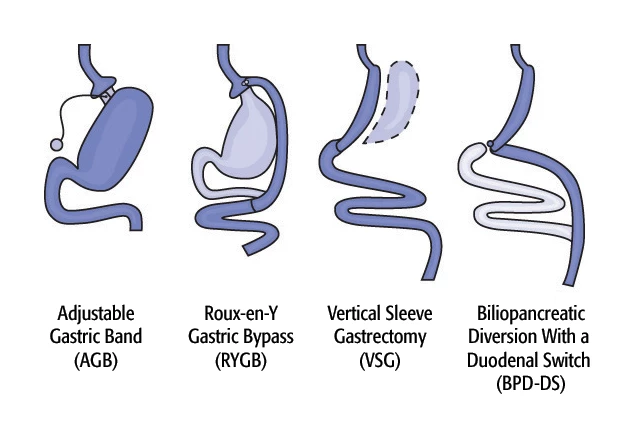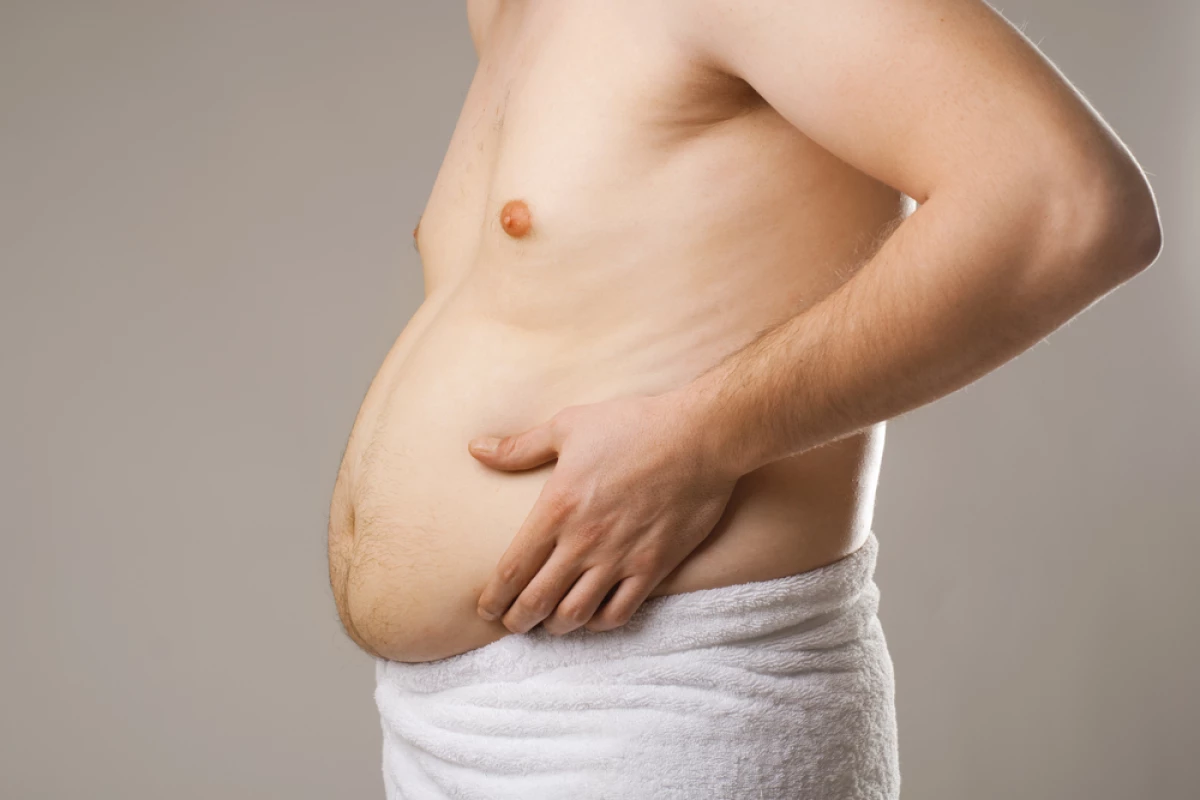There's good news and bad news in the fight against morbid obesity. The good news is that there is a new approach to surgical weight-loss which is far less invasive than conventional operations. The bad news is how it works.
Gastric restriction and gastric bypass are existing surgical methods to modify the digestive system, permanently or temporarily, so that fewer calories are absorbed from food. In gastric restriction, the effective size of the stomach is reduced, either by surgery ("stomach stapling") or by mechanical means (stomach band or balloon). Gastric bypass often includes restriction, but also alters the digestive system so that fewer calories are absorbed from food.

The AspireAssist Aspiration Therapy System also works through induced malabsorption of nutrients. Effectively a form of gastric bypass, it works by removing part of the food in the stomach before it can enter the intestines. An outpatient surgical procedure inserts a small silicone rubber tube, very much like a feeding tube, into the stomach. The tube connects with a valve at the point where it exits the skin, and there is an access port affixed to the skin over the abdominal wall.

In operation, a patient eats normally, with no restrictions. After eating, the food is temporarily (1-2 hours) stored in the stomach. Twenty minutes after eating, the patient attaches a handheld flow system to the valve, and empties their stomach contents directly into the toilet. Provision for rinsing the stomach and diluting the remaining stomach contents is provided.
Essentially, the AspireAssist is a self-operated stomach pump. While this may seem a bit disgusting, the stomach tube and the access port can be implanted or removed in a short outpatient procedure far less invasive than either bypass or restriction surgery. The very similar stomach feeding tubes are routinely used in patients for decades with very few complications, and experience with the AspireAssist reportedly confirms the low complication rate.
The real question, however, is how well does AspireAssist work? In several clinical trials, obese patients eating (and pumping) normal diets three times a day lost half of their excess weight (typically 20 kg (44 lb)) after a year of treatment. This is an effectiveness level similar to gastic restriction operations – gastric bypass typically produces more rapid weight loss, but involves a very serious operation.
The AspireAssist is currently used in medical practice in the European Union, and is in clinical trials in the US. The video below shows the aspiration procedure.
Source: Aspire Bariatrics via New Scientist





